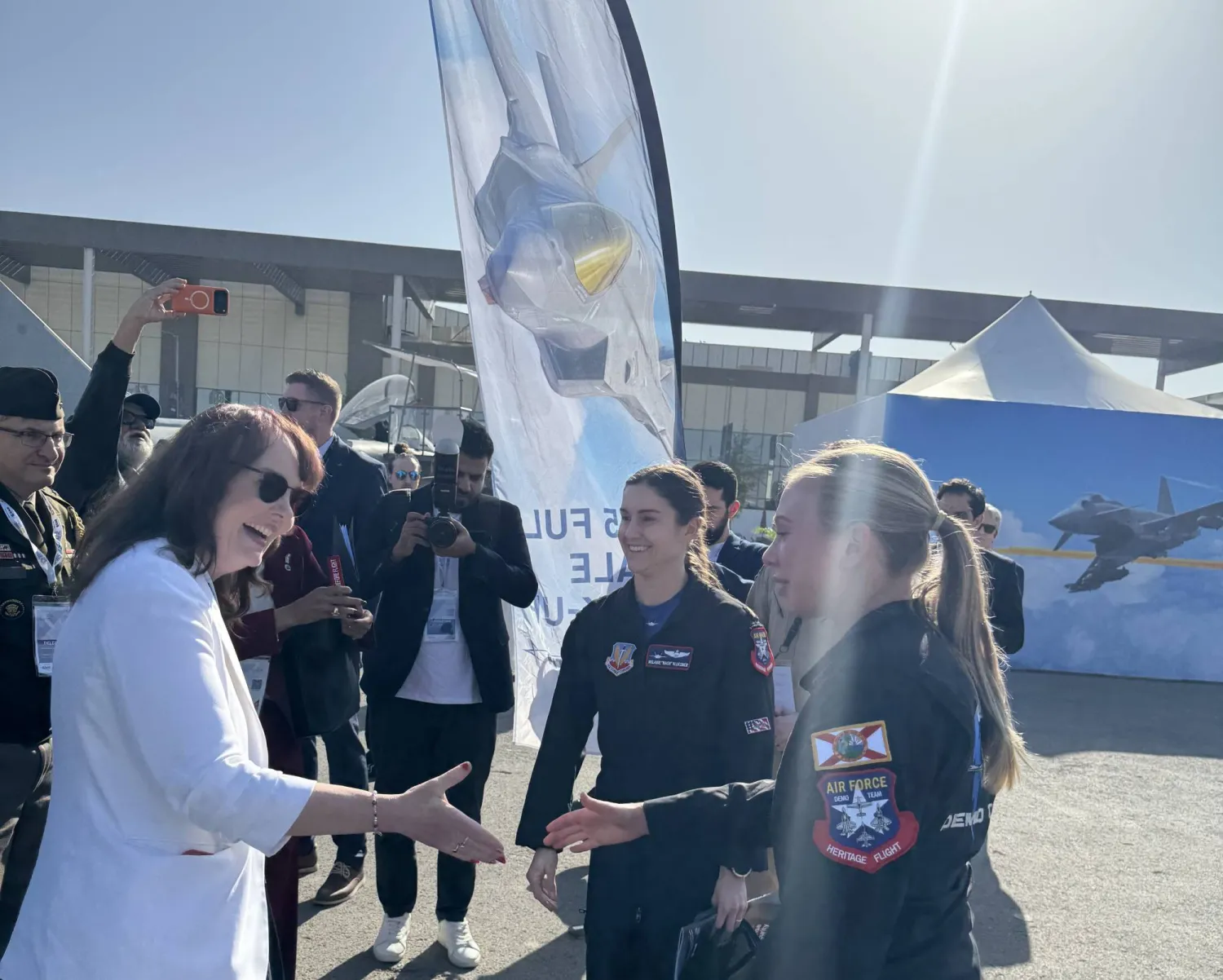The US special envoy to Iran, Robert Malley, has said Washington was ready for all options if Iran rejected to return to the 2015 nuclear deal known as the Joint Comprehensive Plan of Action (JCPOA).
Malley noted that the US administration wants to resume talks in Vienna, "but it will not beg Iran to return."
"I will be traveling to Saudi Arabia, the Emirates, and Qatar in just a matter of days to talk about our efforts to come back to the JCPOA and the options we have to control Iran's nuclear program if we are not able to achieve that goal."
Malley confirmed that the US administration is discussing other options with European and regional allies and partners if Iran is not ready to return to the nuclear agreement.
In a webinar hosted by the Carnegie Endowment, moderated by Aaron David Miller, Malley said that if "Iran is not prepared to come back to the deal, then sanctions will remain, other sanctions will have to be enforced."
"We are talking to all our partners about what to do to try to get around back into mutual compliance."
He pointed out that misunderstandings marred the previous six rounds of talks in Vienna due to the Iranians' refusal to hold direct negotiations, hoping for a seventh-round as soon as possible with a realistic vision on how to return to compliance with the deal.
Malley indicated that all countries in the P5+1 group want to resume negotiations immediately and expressed concern about "some nuclear steps that Iran has taken whether its expansion of the nuclear program or lack of cooperation with the IAEA."
The US informed China that it prefers "a return to the JCPOA in which the sanctions will be lifted, and China can import Iran oil freely."
He said the new Iranian administration is different from 2016, stressing that Iran must decide if it wants sanctions relief.
"We will be prepared to adjust to a different reality in which was have to deal with all options to address Iran's nuclear program if it is not prepared to come back to the constraints of 2016."
On the repeated visits of Israeli officials to Washington and the Israeli warnings of a nuclear Iran, the US envoy said that the administration consulted with the former government and is now coordinating with Prime Minister Naftali Bennett's government.
"The government of Bennett wants to keep those differences behind closed doors as much as possible while making clear they have genuine problems, real problems, with the JCPOA. They want to work with us to see how to manage those differences in a scenario where we come back to the JCPOA and the scenario where we do not."
The Israelis have concerns about "Iran's nuclear program, but we are realistic. We know there is a good possibility that Iran will choose a different path, and we need to coordinate with Israel and our other partners in the region."









